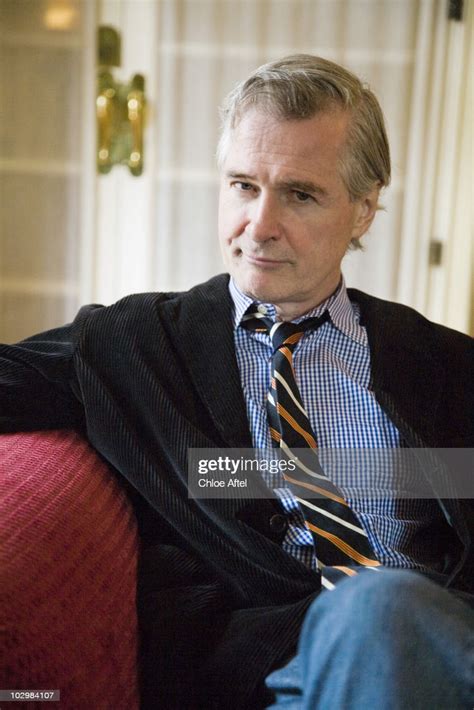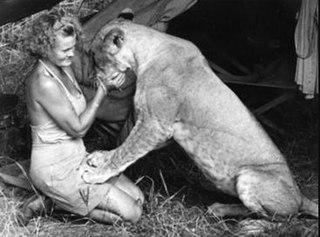A Quote by Jodi Picoult
She understood how a world jammed with phones, email, and faxes could still leave you feeling utterly alone.
Related Quotes
But when she turned her back to the lights, she saw that the night was so dark...She could not see the stars. The world felt as high as the depthless night sky and deeper than she could know. She understood, suddenly and keenly, that she was too small to run away, and she sat on the damp ground and cried.
I realized how valuable the art and practice of writing letters are, and how important it is to remind people of what a treasure letters--handwritten letters--can be. In our throwaway era of quick phone calls, faxes, and email, it's all to easy never to find the time to write letters. That's a great pity--for historians and the rest of us.
..there is nothing worse than the feeling that no one cares whether we exist or not, that no one is interested in what we have to say about life, and that the world can continue turning without our awkward presence. I began to imagine how many millions of people were, at that moment, feeling utterly useless and wretched—however rich, charming, and delightful they might be—because they were alone that night, as they were yesterday, and as they might well be tomorrow.
The cell phone has transformed public places into giant phone-a-thons in which callers exist within narcissistic cocoons of private conversations. Like faxes, computer modems and other modern gadgets that have clogged out lives with phony urgency, cell phones represent the 20th Century's escalation of imaginary need. We didn't need cell phones until we had them. Clearly, cell phones cause not only a breakdown of courtesy, but the atrophy of basic skills.
Personally, I never understood the power of having books written about your experience - whatever that experience may be - until I wrote one and started hearing from teens. I just got an email from a reader who said that "Thirteen Reasons Why" was the first time they had felt understood. A book shouldn't be anybody's first time feeling understood and that's where censorship bothers me. These books need to be out there.


































